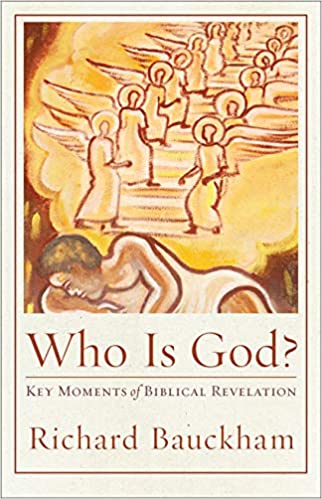BEN: In reading your second chapter in this book I was reminded of Luther’s language about ‘Deus Absconditus’ the God who sometimes hides himself or protects his identity from being fully known by humans. And I take your point about not giving Moses some kind of name that he or others might think they could use to control God or get what they want from God. Telling people ‘I will be what I will be’ is an avoidance of such a thing, and here’s where you bring in the concept of God’s freedom, protecting himself from becoming in the control of humans in any way. Is the basic reason why this is important is so God’s people will not relate to God in magical ways, for example by using the practice of magically reciting correct names of divine beings in hopes of a power encounter or a healing, or even a cursing of someone else?
RICHARD: Well, magic was a pervasive practice in the ancient world and there wasn’t always a clear line between religion and magic. I agree with what you say. The point, of course, is that God’s identity cannot be fully known by humans, and it’s when we think we can sum up God – in a magical formula or in a concept – that we go wrong.













